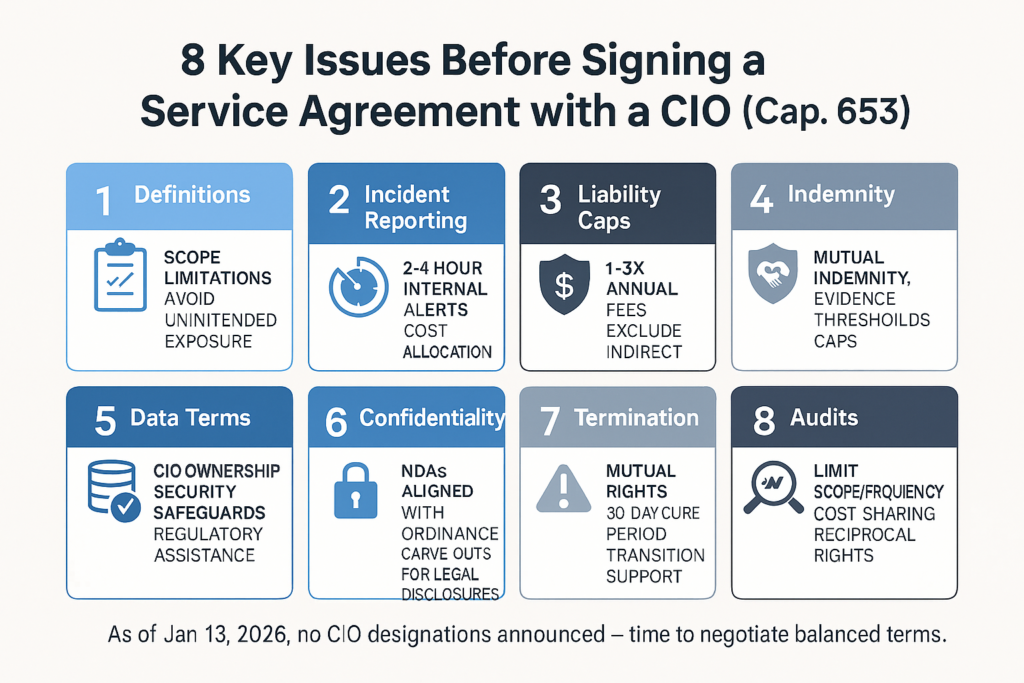How do you protect family assets when mental health deteriorates? As life expectancy rises in Hong Kong, more and more of us are living into our golden years. But with age comes a potential decline in mental capacity. Lacking the legally required mental capacity, we are unable to engage in the most basic of financial transactions such as heading to the bank to withdraw money to pay hospital bills.
Enduring Power of Attorney (EPOA)
To avoid the situation where institutions and authorities refuse to accept your instructions on financial transactions on the basis of your lack of mental capacity, one should consider setting up an Enduring Power of Attorney (EPOA). Under the Enduring Powers of Attorney Ordinance, an EPOA allows you to choose a trusted individual to manage your property and financial affairs in the event mental incapacity sets in.
There are a few technical requirements that must be met before an EPOA becomes valid. The most important one is that the document must be witnessed by a Hong Kong solicitor and certified by a Hong Kong doctor, usually a psychiatrist, who conducts a mental capacity test and confirms that you have the requisite mental capacity to be signing over your rights to another person.
To protect your EPOA from future challenges, you should ask your solicitor if periodic assessments or renewal of the EPOA is recommended.
Committeeship
If no EPOA is in place before the person becomes mentally incapable, families will need to apply to the court for Committeeship under Part II of the Mental Health Ordinance. The application is expensive and takes a long time and every year the guardian must report to the court on monies spent.
Guardianship
Whilst the Enduring Power of Attorney deals with the financial affairs of a person, a guardianship order is focused on the welfare and day-to-day care of a mentally incapacitated person.
If you would like to have a confidential discussion about creating or challenging an EPOA, applying for guardianship, or have questions about other aspects of estate planning, please feel free to contact us. We’re here to help.
 Suite 503, 5/F, St. George's Building, 2 Ice House Street, Central, Hong Kong
Suite 503, 5/F, St. George's Building, 2 Ice House Street, Central, Hong Kong +852 2868 0696
+852 2868 0696










